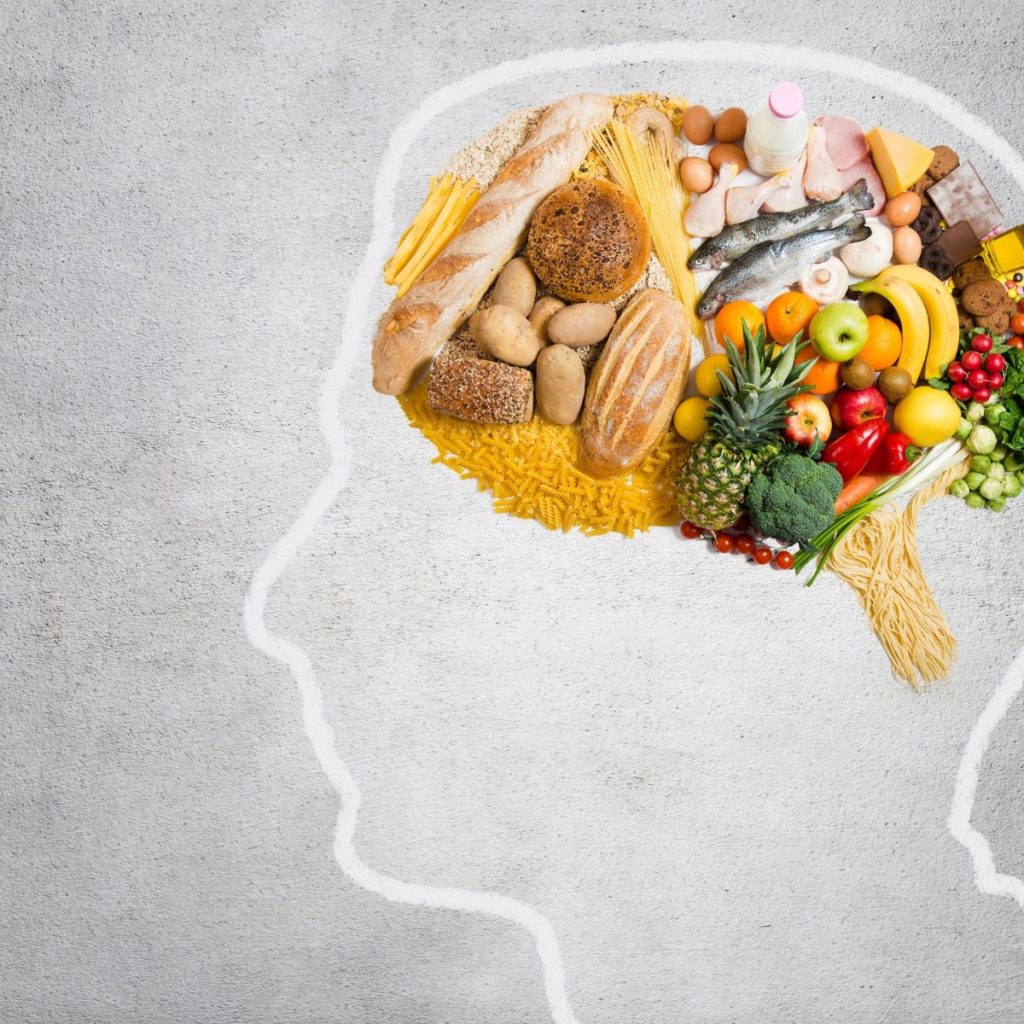Introduction:
A recent study published in NPJ Aging by researchers from the University of Nebraska-Lincoln Center for Brain, Biology, and Behavior, and the University of Illinois at Urbana-Champaign, has shed light on the impact of specific nutrients on brain aging. The study highlights the potential of certain nutrients to slow cognitive decline, a crucial aspect of healthier aging.
Study Details:
- Participants: 100 cognitively healthy individuals aged 65 to 75.
- Methodology:
- Participants provided demographic information, body measurements, and physical activity data.
- Blood plasma samples were collected after fasting to analyze nutrient biomarkers.
- Participants underwent cognitive assessments and MRI scans.
Key Findings:
- Types of Brain Aging: The study identified two patterns of brain aging among participants: accelerated and slower-than-expected.
- Nutrient Profiles:
- Participants with slower brain aging exhibited a distinct nutrient profile.
- Beneficial nutrients included fatty acids (e.g., alpha-linolenic acid, pentanoic acid), antioxidants, and carotenoids (e.g., cyanidin, zeaxanthin), along with two forms of vitamin E.
- This nutrient profile aligns with those found in the Mediterranean diet, which is associated with healthy brain aging.
Significance:
- Comprehensive Approach: This study is one of the first to integrate brain imaging, blood biomarkers, and validated cognitive assessments, offering a more robust understanding of the relationship between diet, cognitive function, and brain health.
- Innovation in Research: The study moves beyond traditional neuropsychological tests by simultaneously examining brain structure, function, and metabolism, demonstrating a direct link between these brain properties and cognitive abilities.
Future Directions:
- Randomized Controlled Trials: Researchers aim to isolate specific nutrients with favorable associations with cognitive function and brain health for further study.
- Potential Therapies: Findings may lead to the development of nutraceuticals and other interventions to promote brain health and slow cognitive decline.
Conclusion:
The study underscores the importance of nutrition in brain health and highlights specific nutrient profiles that could play a crucial role in preventing cognitive decline. By further exploring these nutrient biomarkers, researchers hope to develop targeted therapies to support healthier brain aging.
